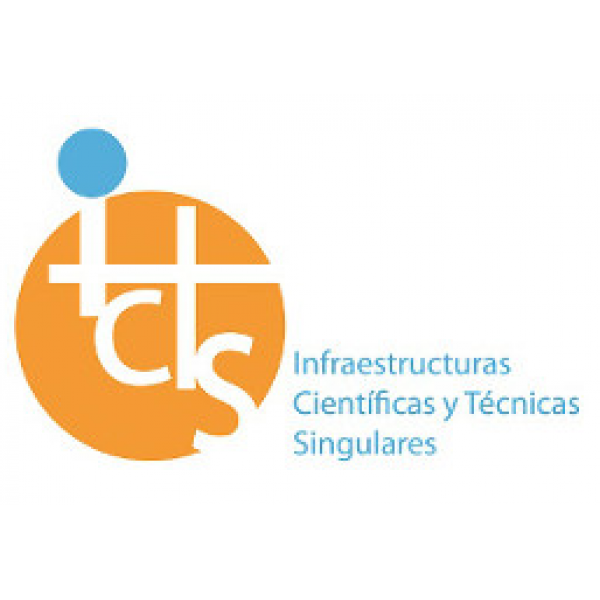A team of scientists from around the world has completed the genome sequence of the common marmoset – the first sequence of a New World Monkey – providing new information about the marmoset’s unique rapid reproductive system, physiology and growth shedding new light on primate biology and evolution...
The CNAG will contribute to the French project that studies the biomolecular characterization of Leiomyosarcoma tumors, led by Frédéric Chibon at the Institute Bergonié in Bordeaux. With this new collaboration the CNAG consolidates as one of the European centers of reference on cancer genome...
Cancer is a disease of the genome. It starts with a change in the genome of an individual cell that allows that cell to divide and grow uncontrollably. The genomes is a string of chemical constituents like a text with 3 billion letters T, C, G and A. Each cell has a copy of the same genome. Changes...
The CNAG was established in 2010 and has grown continuously since then. Research and service teams have extended their expertise to offer a wider range of applications and services in large scale genome analysis projects.
Comparative Genomics
As part of this continuing expansion process, the...
As part of this continuing expansion process, the...
"Menys Rares" is an exhibition on the research in rare diseases organized by the Associació Catalana de Comunicació Científica (ACCC) and supported by the CNAG and the Centro de Investigación Biomédica en Red de Enfermedades Raras (CIBERER). The exhibition will stay at the Biblioteca Sagrada...
Barcelona, March 2014.- A selection committee, comprised of CNAG members and external referees, has evaluated the proposals submitted to the 2013 CNAG CALL: 300 EXOMES TO ELUCIDATE RARE DISEASES. The program will provide free-of-charge Whole Exome Sequencing and Bioinformatic analysis to the...
















